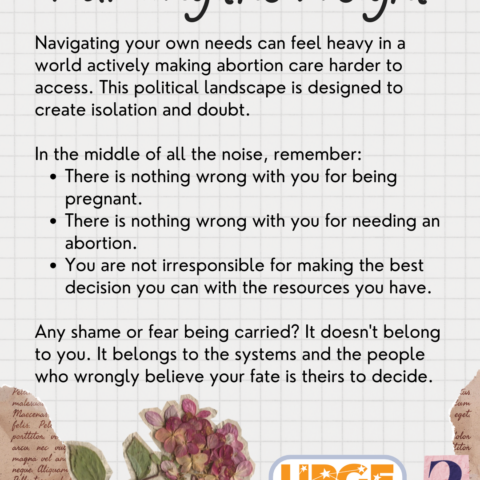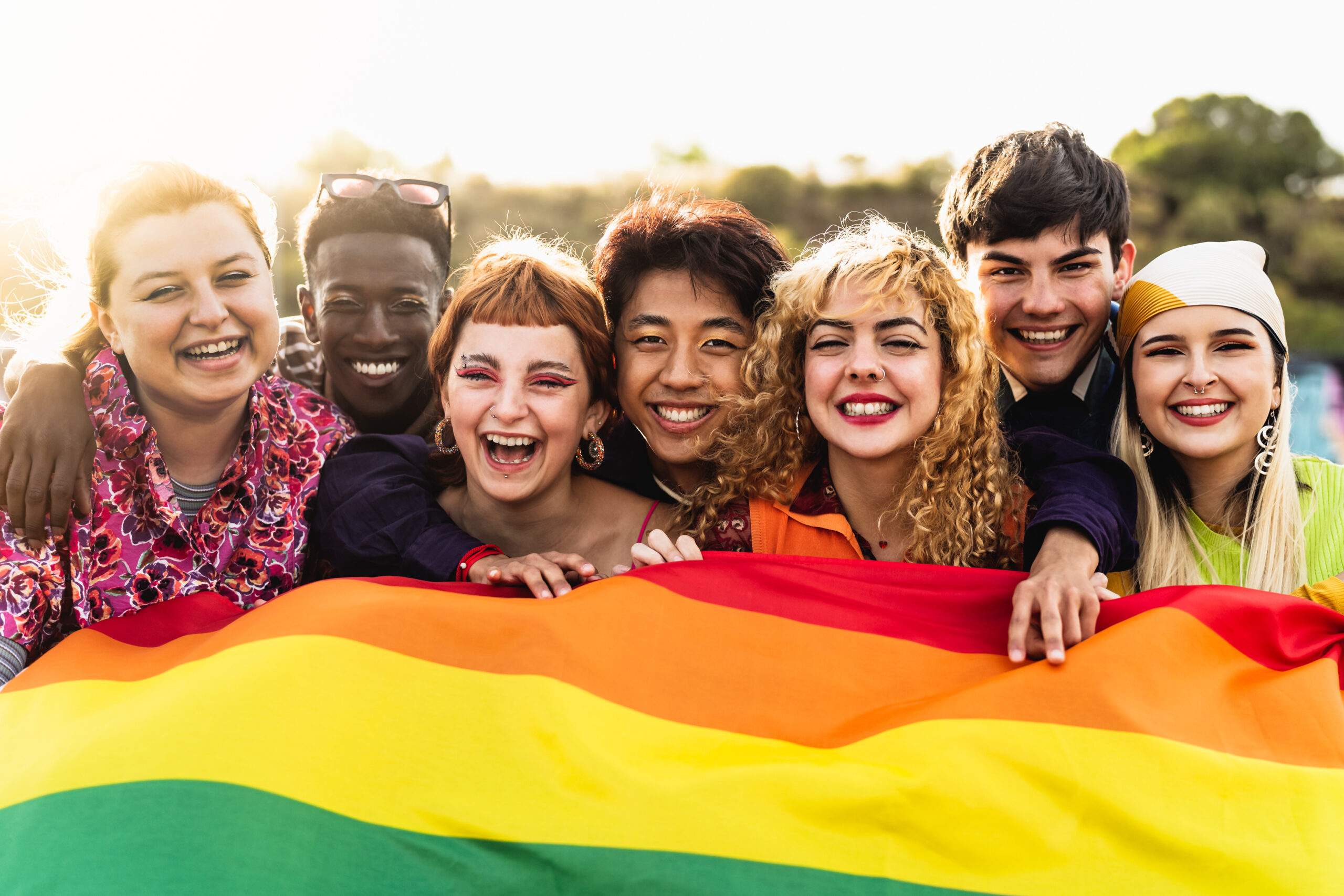A History of Black Feminist Discourse & It’s Futures
A Women’s History Month Syllabus

Course Description: “Ungendering,” “Intersectionality,” “Controlling images,” “Respectability politics,” “Reproductive Justice.” These are all terms that have permeated popular feminist vernacular, yet their roots in Black feminist theory, the sociocultural catalysts that informed their inception, or evolving interpretations from their original coinage remain obscured by their ubiquity. This reading list delves into these concepts through an assemblage of readings, films, interviews and music, allowing us to trace the origins of Black feminist theory, contextualize them within their and contemporary settings and interrogate their relevance in contemporary discourse.

THEORY – The Epistemological Foundations of Black Feminist Thought
Read: Ula Taylor “The Historical Evolution of Black Feminist Theory and Praxis” Journal of Black Studies 29, no. 2 (Nov, 1988): 234-253.
Read: bell hooks “Black Women: Shaping Feminist Theory,” in Feminist Theory: from Margin to Center (Boston: South End Press, 1984), 1-15. Free pdf provided
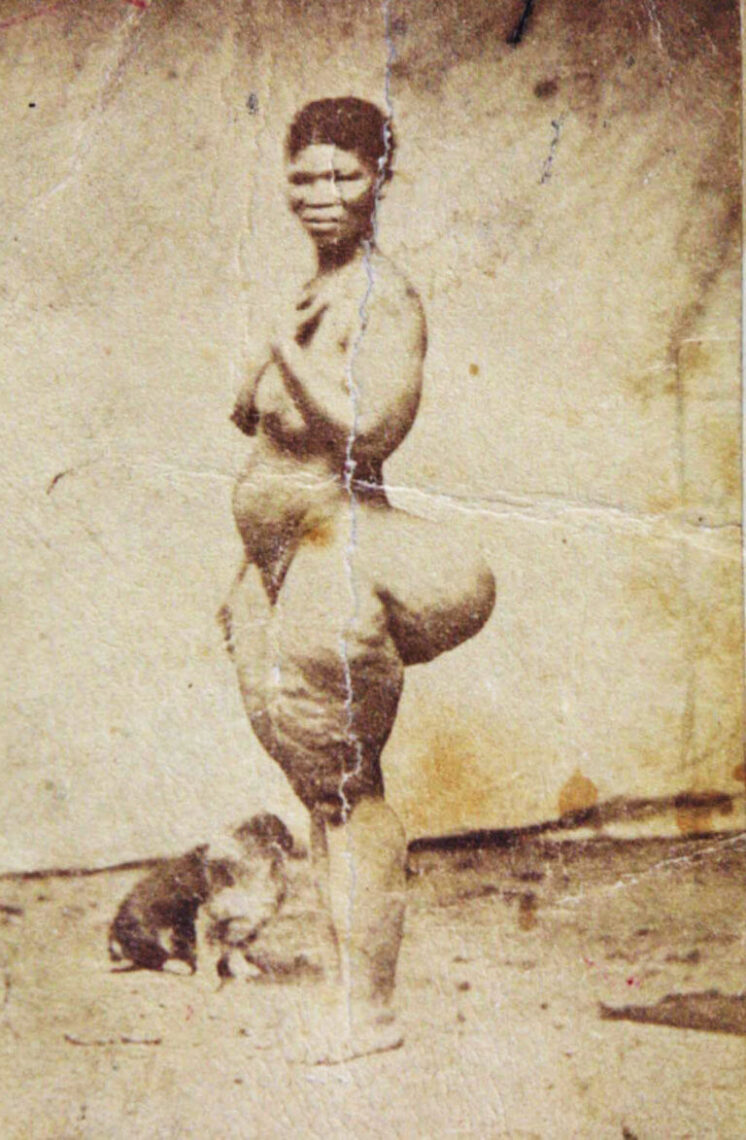
THEORY – The Racial Boundaries of Gender
Read: bell hooks, Introduction & Chapter 1, “Sexism and the Black Female Slave Experience,” in Ain’t I A Woman: Black Women and Feminism (Boston: South End Press, 1982), 1–86. Free pdf provided
Read: Patricia Hill Collins, Chp 4, “Mammies, Matriarch, and Other Controlling Images” in Black Feminist Thought: Knowledge, Consciousness and the Politics of Empowerment (New York: Routledge, 2000), 69-92. Free pdf provided

THEORY – Ungendering: The (Im)possibility of Black Womanhood
Read: Hortense Spillers, “Mama’s Baby, Papa’s Maybe: An American Grammar Book” Diacritics 17, no. 2 (Summer, 1987): 64-81. Free pdf provided
Read: Jennifer L. Morgan, “Some Could Suckle Over Her Shoulder”: Male Travelers, Female Bodies, and the Gendering of Racial Ideology, 1500-1770” The William and Mary Quarterly 54, no 1 (Jan., 1997): 167-192. Free pdf provided

THEORY – Uncovering Modern Gynecology Through Black Female “Flesh”
Read: C. Riley Snorton, Chp 1 “Anatomically Speaking: Ungendered Flesh and the Science of Sex” in Black on Both Sides: A Racial History of Trans Identity (Minneapolis: University of Minnesota Press, 2017), p. 17-54. Free pdf provided
Read: Deidre Cooper Owens, Introduction & Chapter 1 in Medical Bondage: Race, Gender and the Origins of American Gynecology Athens: The University of Georgia Press, 2017), p. 1-41.
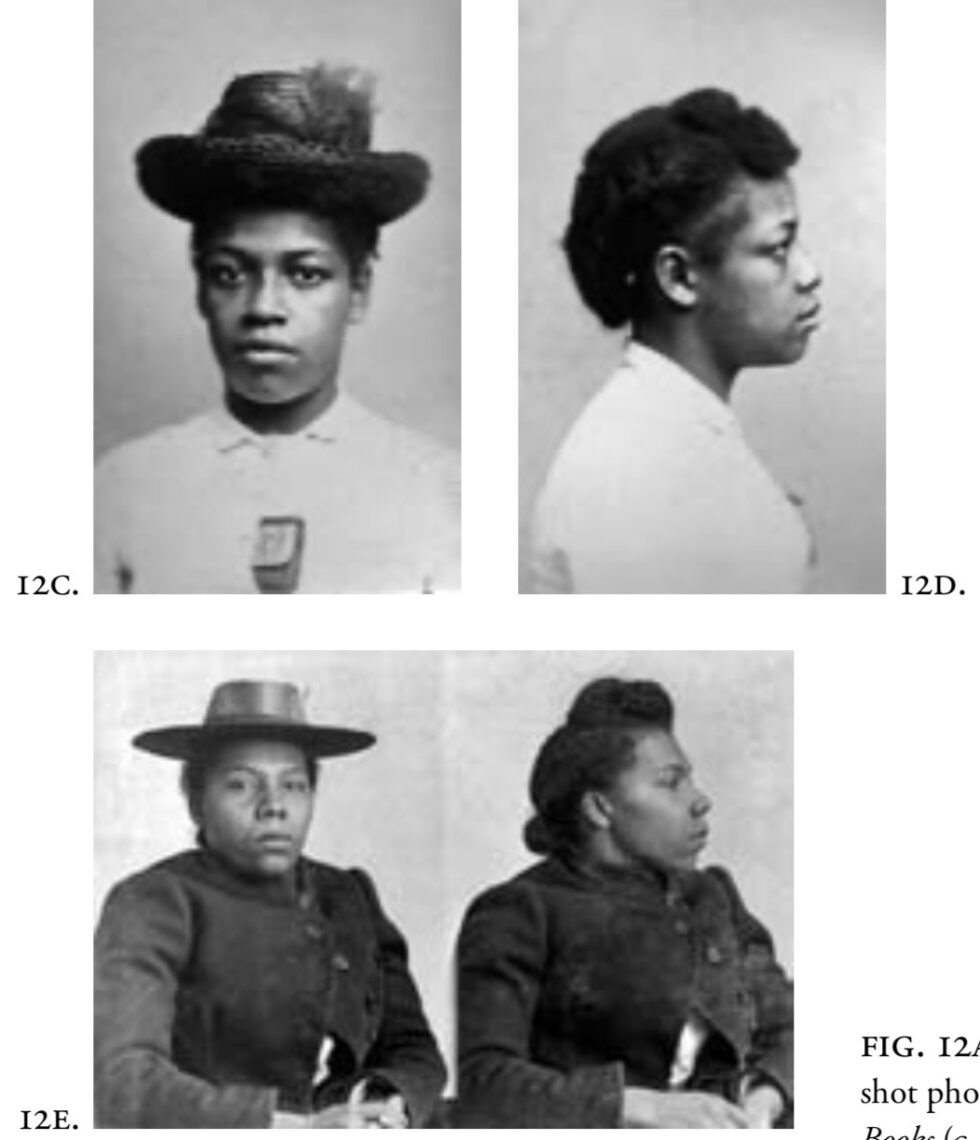
(Un)gendering as Punishment: Criminalizing Black Women During Jim Crow
Read: Kali N. Gross, Colored Amazons: Crime, Violence and Black Women In The City of Brotherly Love, 1880-1910 (Durham: Duke University Press, 2006).
Read: Sarah Haley, No Mercy Here: Gender, Punishment, and the Making of Jim Crow Modernity (Chapel Hill: The University of North Carolina Press, 2016).
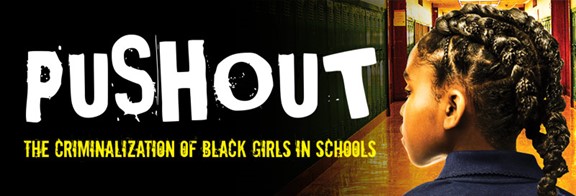
The Racialized, Gendered Politics of Childhood & Juvenile Justice
Read: Tera Eva Agyepong, Intro & Chps 1-3 in The Criminalization of Black Children: Race, Gender and Delinquency in Chicago’s Juvenile Justice System (Chapel Hill: The University of North Carolina Press, 2018), 1-96.
Watch: Pushout: The Criminalization of Black Girls In Schools

Queer Love and Sex Work: Constructing Crime Through Aberrant Sexualities
Read: Cookie Woolner, “‘Woman Slain in Queer Love Brawl’: African American Women, Same-Sex Desires, and Violence in the Urban North, 1920-1929″ The Journal of African American History 100 no 3 (Summer 2015): 406-427.
Read: LaShawn Harris, Chapter 4, ‘I’ve Got My Own Room on 139th Street’: Black Women and the Urban Sex Economy” in Sex Workers, Psychics and Number Runners: Black Women in New York City’s Underground Economy (Urbana: University of Illinois Press, 2016), 123-166.

THEORY – Restorative Projects: Race Women & “Respectability Politics”
Read: Evelyn Higginbotham, Chp 7, “The Politics of Respectability,” in Righteous Discontent: The Women’s Movement in the Black Baptist Church, 1880–1920 (Cambridge: Harvard University Press, 1994), 185–229.
Read: Cynthia M. Blair, Ch 6, “Rage and Rescue: African American Anti-Vice Reform Strategies” in I’ve Got to Make My Livin’: Black Women’s Sex Work in Turn-of-the-Century Chicago (Chicago: The University of Chicago Press, 2010), 187-222.

The Making of the Black Feminist Left
Read: LaShawn Harris, “Running With the Reds: African American Women and the Communist Party During the Great Depression” The Journal of African American History 94, no 1 (Winter, 2009): 21-43. Free pdf provided
Read: Barbara Ransby, Ella Baker & the Black Freedom Movement: A Radical Democratic Vision (Chapel Hill: The University of North Carolina Press, 2003).

Anti-Rape Activism & the Emergence of the Civil Rights Movement
Read: Danielle L. McGuire, Chp 1-7 in At the Dark End of the Street: Black Women, Rape and Resistance–a New History of the Civil Rights Movement from Rosa Parks to the Rise of Black Power (New York: Penguin Random House, 2010), 3-173.
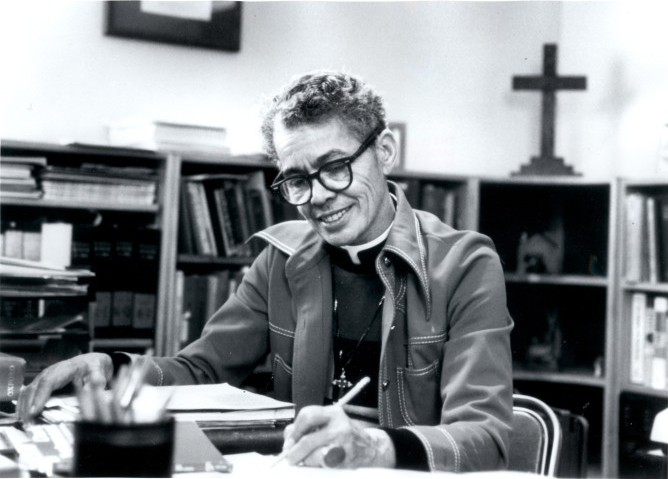
THEORY – “But Some of Us Are Brave”: Navigating Multiple Marginalizations
Read: Pauli Murray and Mary O. Eastwood, “Jane Crow and the Law: Sex Discrimination and Title VII” Georgia Washington Law Review 34, no. 2 (December 1965): 232-256.
Read: Frances M. Beal, “Double Jeopardy: To Be Black and Female” (1969) in The Black Woman eds. Toni Cade Bambara, 109-122. Free pdf provided
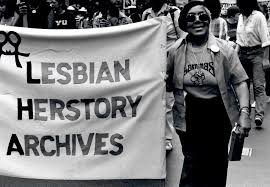
Making Their Own Table: A Black, Lesbian Feminist Political Agenda
Read: The Combahee River Collective Statement (1977) free pdf provided
Read & Listen: Keeanga-Yamahtta Taylor, “Until Black Women Are Free, None of Us Are Free,” an interview with Barbara Smith
Read: Audre Lorde, “The Uses of the Erotic: The Erotic as Power” AND “The Master’s Tools Will Never Dismantle the Master’s House” in Sister Outsider: Essays and Speeches, 53-59, 110-113. free pdf provided

THEORY – More Than Disparate Parts – The Necessity of Intersectionality
Read: Kimberlé Crenshaw “Demarginalizing the Intersection of Race and Sex: A Black Feminist Critique of Antidiscrimination Doctrine, Feminist Theory and Antiracist Politics” University of Chicago Legal Forum 1989, iss. 1 (1989): 139-167. Free pdf provided
Watch: Kimberele Crenshaw, “The Urgency of Intersectionality” TED Talk
Watch: Patricia Hill Collins, “Sharpening Intersectionality’s Critical Edge” Keynote at the 2015 Social Theory Forum @UMass Boston
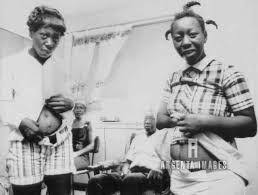
Criminalizing Motherhood & Reproduction
Read: Dorothy Roberts, Chps 4 & 5 in Killing the Black Body: Race, Reproduction, and the Meaning of Liberty (New York: Penguin Random House, 1998), 150-246.
Read: Michelle Goodwin, Policing the Womb: Invisible Women and the Criminalization of Motherhood (New York: Cambridge University Press, 2020). Free pdf provided
Read: Linda Villarosa, “The Long Shadow of Eugenics in America” The New York Times
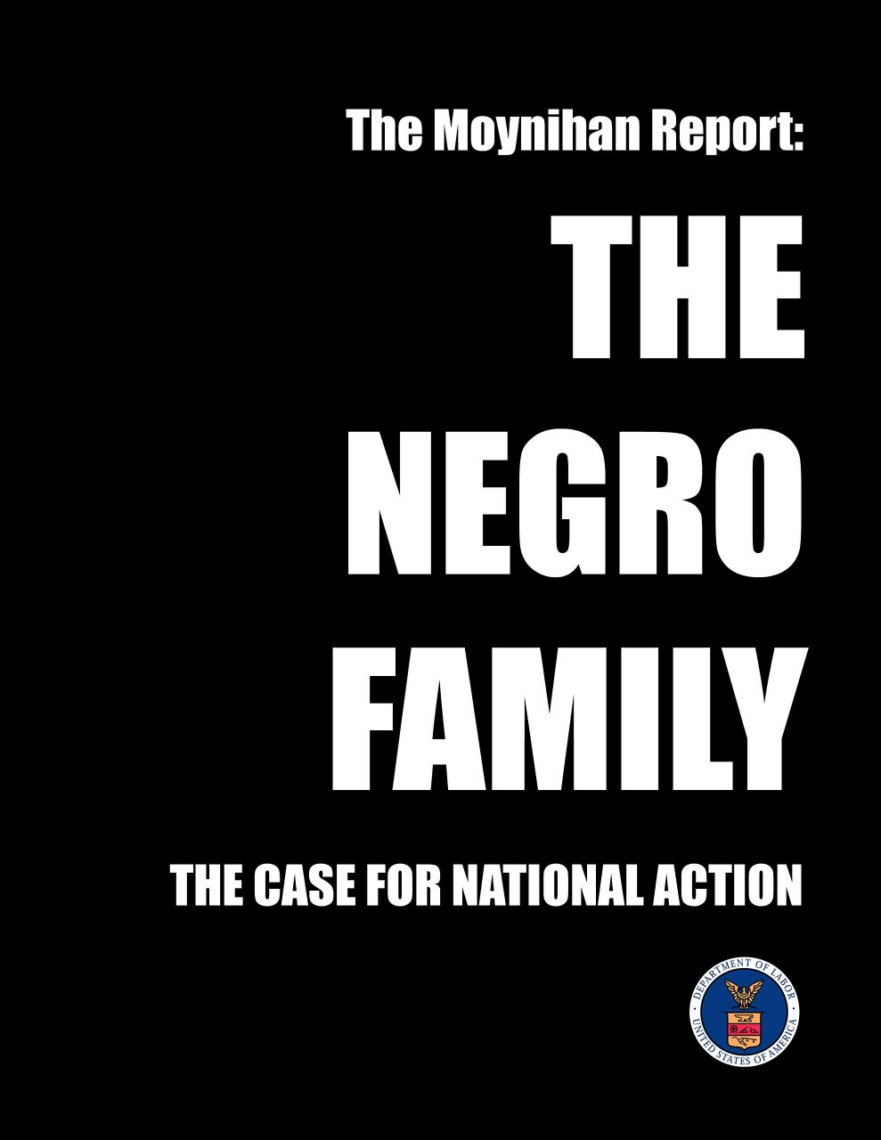
Coercively Queered: Black Women and the Liberal Pathologization of Poverty
Read: Daniel Patrick Moynihan, “The Negro Family: The Case for National Action” (Washington D.C: Office of Policy Planning and research, U.S Department of Labor, 1965). 1-78. Free pdf provided
Read: Elizabeth Hinton, Introduction & Chp 1 in From the War on Poverty to the War on Crime: The Making of Mass Incarceration in America (Cambridge: Harvard University Press, 2016), p 1-62.
Read: Cathy Cohen, “Punks, Bulldaggers and Welfare Queens: The Radical Potential of Queer Politics?” GLQ: A Journal of Lesbian & Gay Studies 3 (1997): 437-465. Free pdf provided

Black Power, Anti-Rape Activism & the Failures of Respectability
Read: Christina Greene, “She Ain’t No Rosa Parks”: The Joan Little Rape–Murder Case and Jim Crow Justice in the Post–Civil Rights South” The Journal of African American History 100, no. 3 (Summer 2015): 428-447
Read: Danielle McGuire, Chp 8, “Power to the Ice Pick” in At the Dark End of the Street: Black Women, Rape and Resistance–a New History of the Civil Rights Movement from Rosa Parks to the Rise of Black Power (New York: Penguin Random House, 2010), 202-228.
Listen: Bernice Johnson Reagon, “Freedom Song: Joan Little”
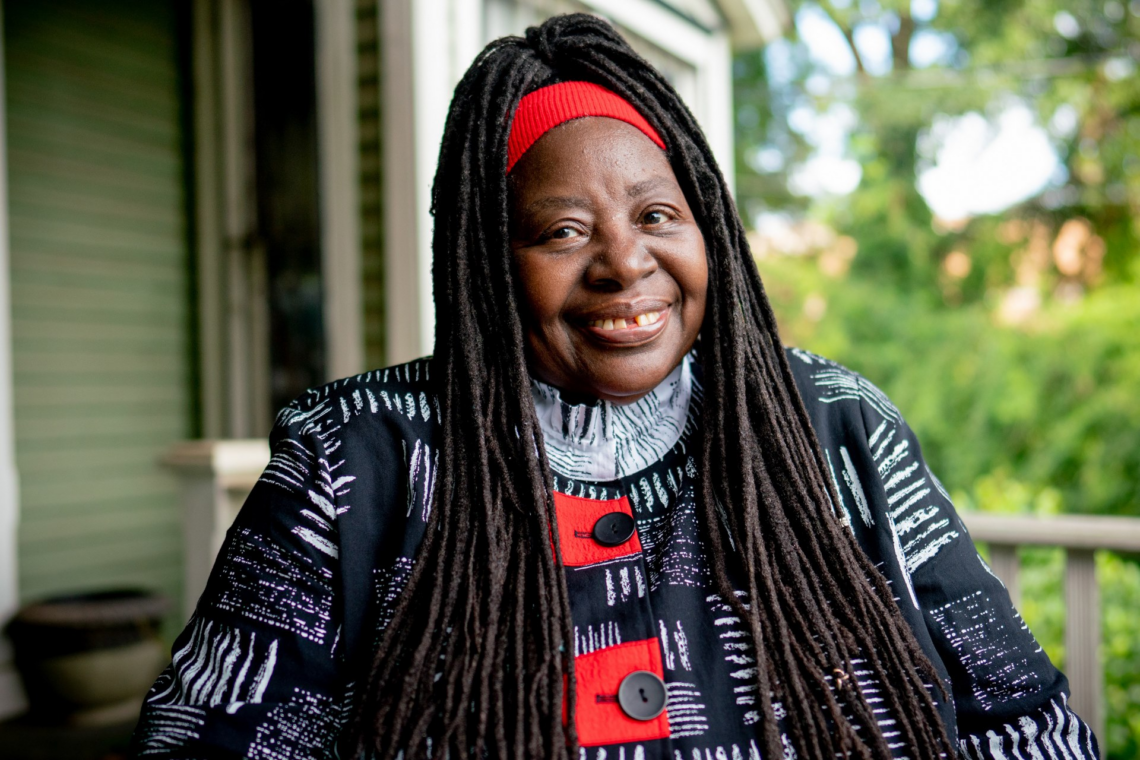
Reproductive Justice
Read: Reproductive Justice: An Introduction (Oakland: University of California Press, 2017), ed. by Loretta Ross and Rickie Solinger
Read: Interview, “Dorothy Roberts on reproduction justice: ‘Abortion isn’t the only focus'”
Watch: Aftershock

Building a New Movement: Black Lives Matter
Read: Keeanga-Yamahtta Taylor, Chps 6 & 7 in From #BlackLivesMatter to Black Liberation (Chicago: Haymarket Books, 2016), 153-220. Free pdf of chp 7 provided
Watch: Kimberlé Crenshaw in Conversation with Dorothy Roberts, #SayHerName: Black Women’s Stories of Police Violence and Public Silence

The Carceral Continuum
Read: INCITE!, “Statement on Gender Violence and the Prison Industrial Complex (2001)” open access webpage provided
Read: Mariame Kaba, We Do This Til’ We Free Us: Abolitionist Organizing and Transforming Justice free pdf provided
Watch: Ky Peterson – Survived and Punished (2017)
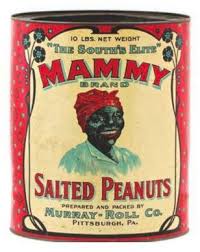
THEORY – Where Anti-Blackness Meets Misogyny – Misogynoir
Watch: Coining “misogynoir”
Read: Moya Bailey, Misogynoir Transformed: Black Women’s Digital Resistance (New York: NYU Press, 2021).
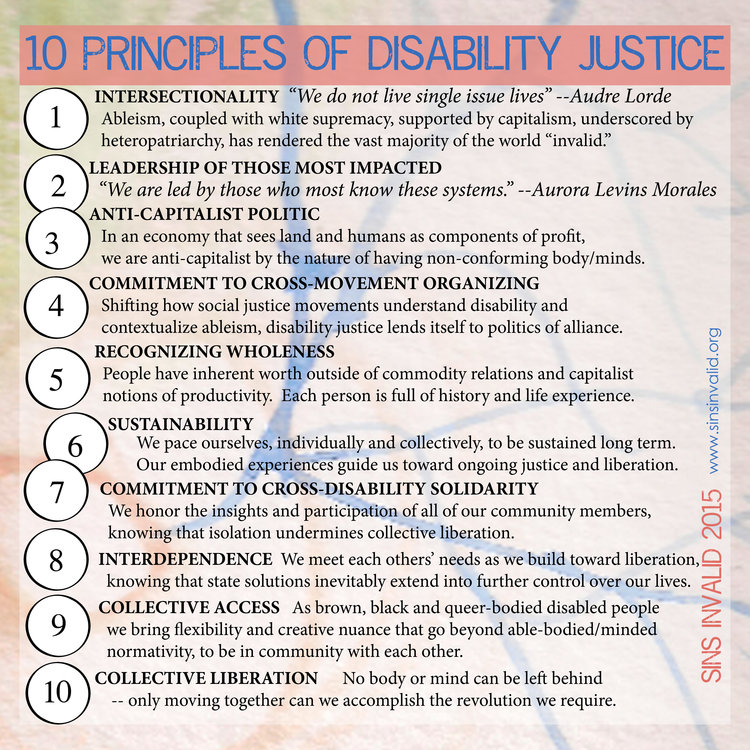
THEORY – Integrating Disability Justice into Black Feminist Analysis
Read: Moya Bailey and “Work in the Intersections: A Black Feminist Disability Framework” Gender and Society 33, no. 1 (February 2019): 19-40. Free pdf provided
Watch: Slavery and Disability with Jenifer Barclay (2023)
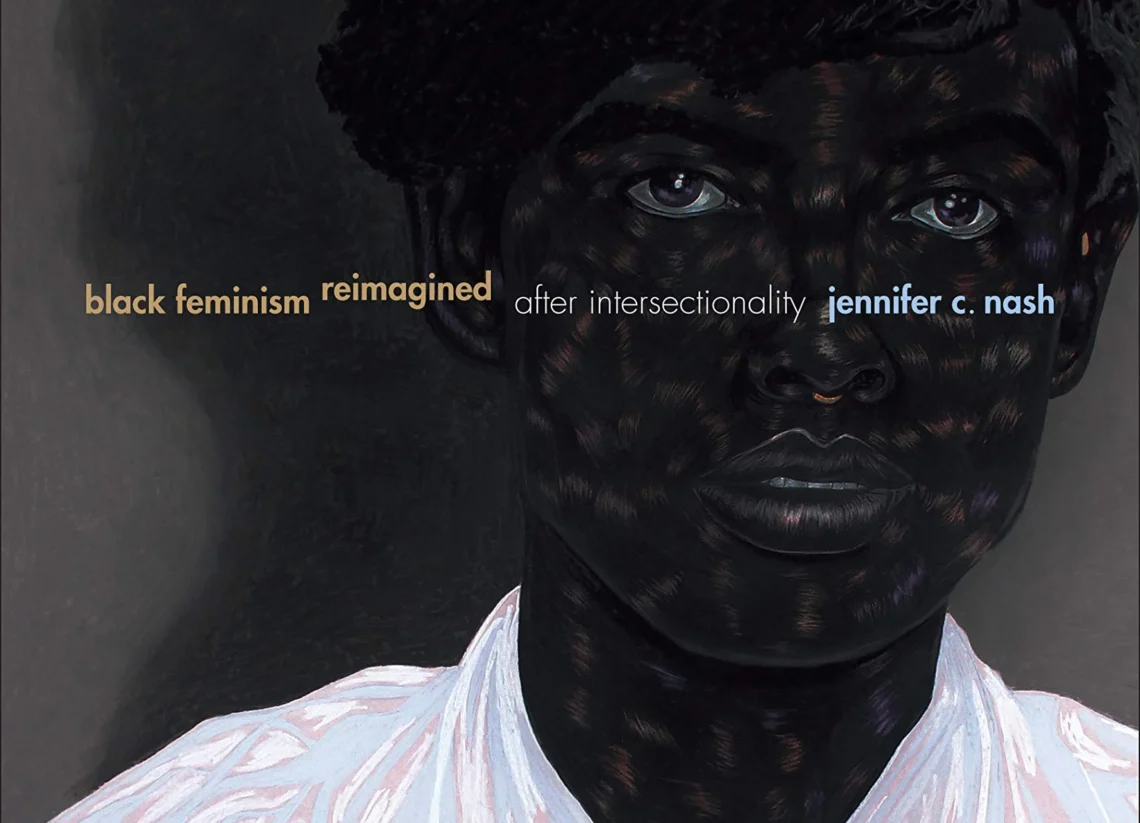
THEORY – Pushing Intersectionality to Its Conceptual Limits
Jennifer C. Nash, Black Feminism Reimagined: After Intersectionality (Durham: Duke University Press, 2018).

Aleo Pugh holds a Master’s in U.S. History from Emory University, specializing in 20th-century Black American history with a focus on race, gender, and carcerality. She currently serves as URGE’s Georgia Communication & Cultural Strategies Manager.
Have questions or need assistance accessing paywalled texts? Contact: apugh@urge.org

